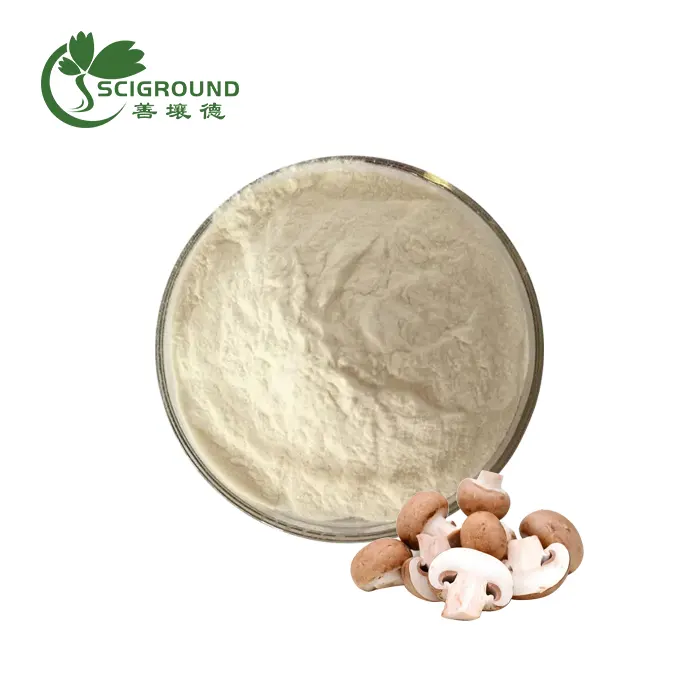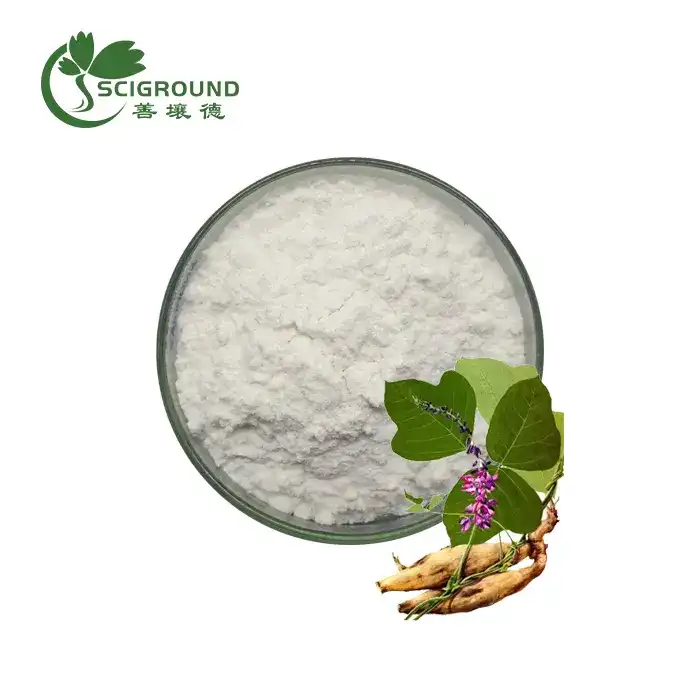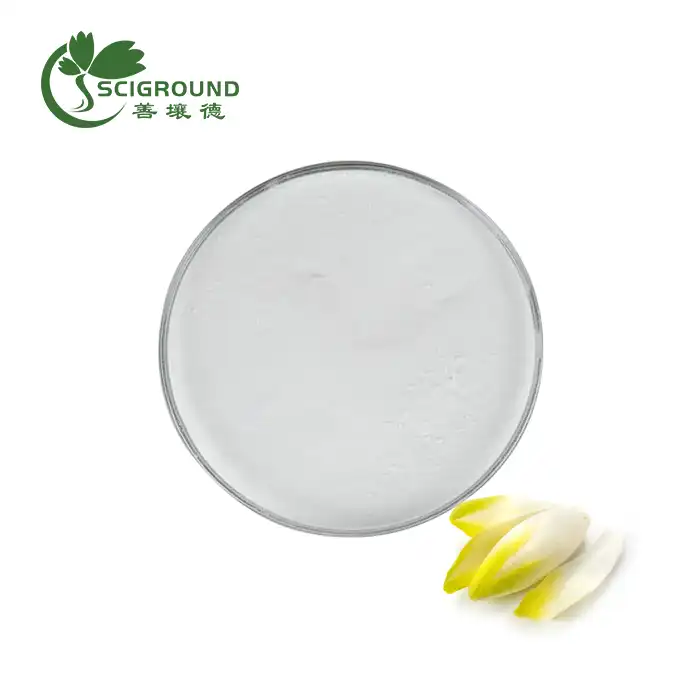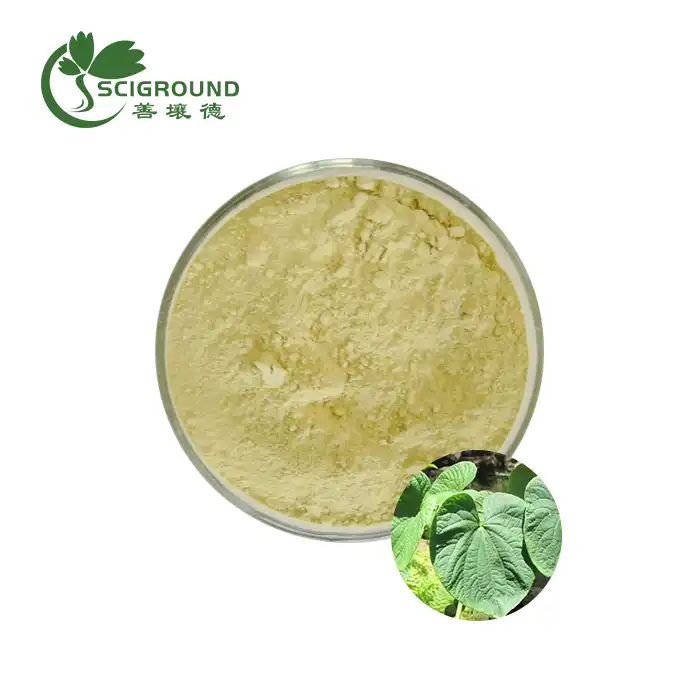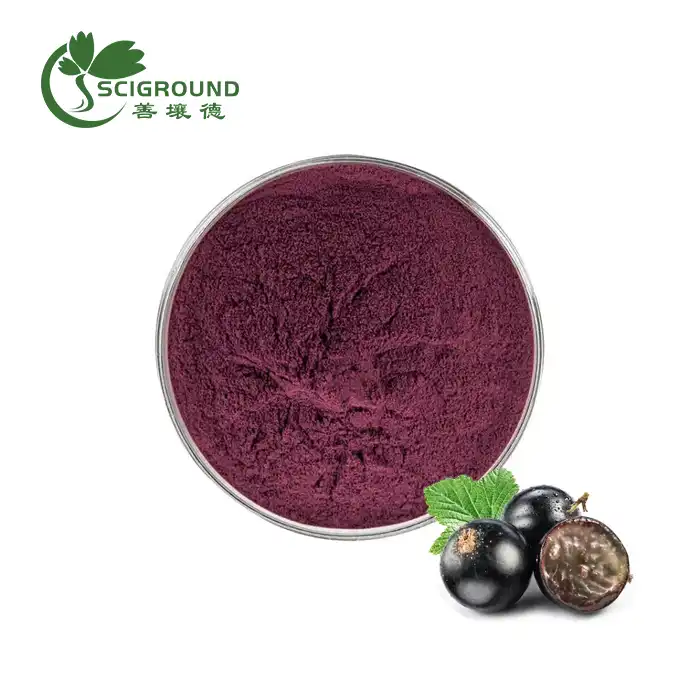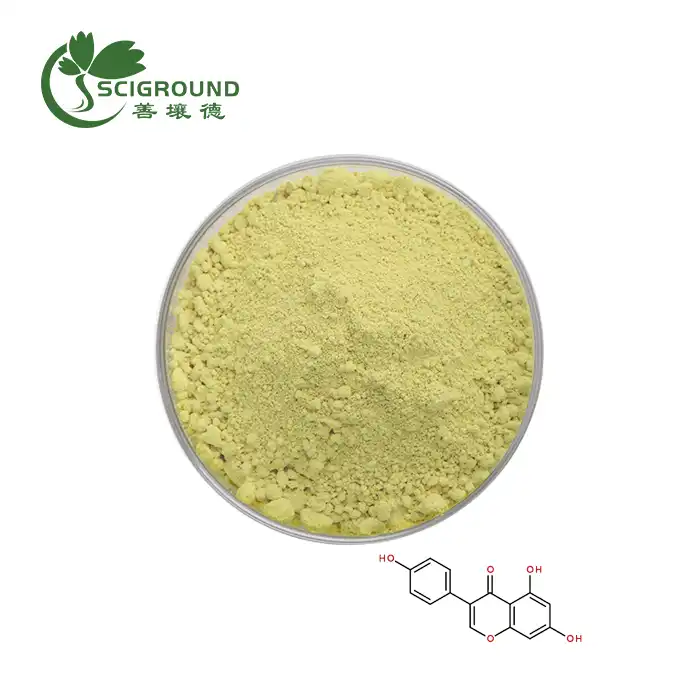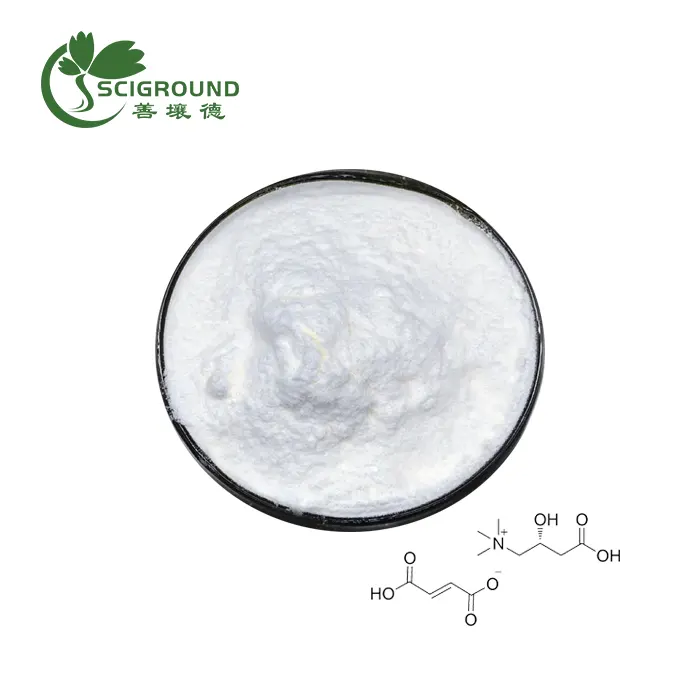Is inulin safe
As a dietary supplement, inulin has risen in popularity in recent years due to its potential health benefits. However, as with any supplement, it's natural to have questions around its safety. In this article, I'll provide research-based answers on the safety of inulin for various groups and daily use.
Is Inulin Safe During Pregnancy?
Maintaining a healthy diet with adequate nutrition is vital during pregnancy for both mother and baby. Many pregnant women are interested in inulin supplements as a way to improve digestion, immunity, and fiber intake. But is it truly safe to take inulin while pregnant?
According to current evidence, inulin is considered safe for pregnant women in amounts found naturally in foods. Whole food sources like chicory root, onions, bananas, and garlic can provide pregnant women with 2-10 grams of inulin daily as part of a healthy diet.
However, there is less data on higher supplemental doses. Most experts advise limiting inulin supplements to no more than 10 grams per day during pregnancy. This recommendation comes from a few key factors:
Limited safety studies in pregnancy - While animal studies have not found reproductive toxicity, few human trials have directly examined inulin supplementation in pregnant women. More data is needed.
Gastrointestinal effects - Higher amounts of inulin powder may worsen pregnancy-related digestive issues like gas, bloating, and constipation, especially if ramped up too quickly. Smaller doses are safer.
Blood sugar changes - Inulin can impact glucose control, so diabetics need medical guidance on use during pregnancy for safety.
Overall, consuming inulin from dietary sources like fruits, veggies, herbs, roots, and some fortified foods appears to be perfectly safe in normal amounts during pregnancy. But due to minimal safety data, it is prudent for pregnant women to limit inulin supplements to less than 10 grams per day after checking with a doctor.
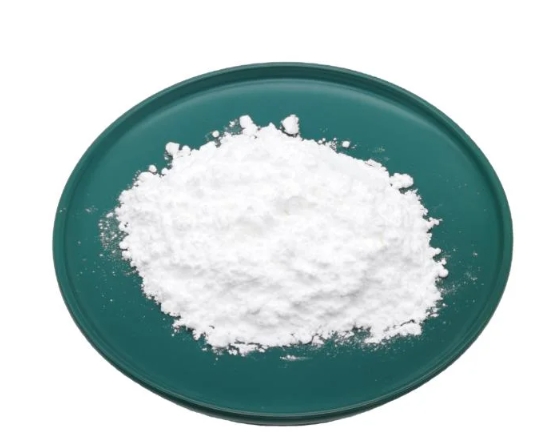
Is Inulin Safe for Dogs?
Many pet owners like to share healthy foods and supplements with their canine companions. Inulin is sometimes promoted for use in dogs for digestive regularity, increased nutrient absorption, and other benefits. But is supplementing inulin actually safe for dogs?
Several factors determine the safety of inulin for canine consumption:
Dosage – Most pet experts recommend limiting inulin dosage to 1/2 teaspoon to 1 teaspoon per day based on dog size. Amounts over 10 grams could cause diarrhea. Introduce slowly.
Source - Only use pet-safe inulin supplements designed for dogs. Some sources like chicory root contain natural compounds that may be unsafe.
Health status - Dogs with medical issues like diabetes, kidney disease, and gastrointestinal conditions should avoid inulin unless approved by a veterinarian.
Allergies - Like humans, some dogs may be sensitive or allergic to ingredients like chicory root. Discontinue use if signs of intolerance appear.
Interactions - bulk inulin may reduce absorption of certain medications. Check with a vet before combining with prescription drugs.
While inulin supplements designed for canines may provide benefits, it’s always wise to consult your veterinarian before starting. They can advise you on a safe dosage based on your dog’s unique needs.
Is Inulin Safe with Kidney Disease?
Those with chronic kidney disease (CKD) need to follow special diets to avoid taxing their kidneys and buildup of waste products in the blood. As a soluble fiber, inulin is sometimes used to promote regularity in those with CKD-related constipation. But is inulin use safe for impaired kidneys?
According to the National Kidney Foundation, inulin is considered safe for most people with mild to moderate kidney dysfunction. This is based on a few factors:
Inulin does not appear to accumulate in the body or bloodstream even with kidney impairment. It passes through unabsorbed.
Studies show daily inulin doses up to 30 grams for 3-6 months did not worsen kidney function or damage compared to placebo.
Any electrolyte shifts caused by wholesale inulin are small and not hazardous with proper hydration.
Inulin may help slow CKD progression by lowering blood lipids and inflammation.
However, those with advanced CKD and kidney failure may need to restrict supplemental inulin for a few reasons:
Severely impaired kidneys have difficulty regulating fluid and electrolyte balances, which inulin could upset.
There is a lack of long-term safety data in end-stage renal disease populations.
Dialysis patients are typically placed on low potassium diets, so inulin's potassium content requires caution.
With medical guidance, inulin in small amounts generally appears to be safe for most individuals with mild to moderate chronic kidney disease. Those with end-stage renal failure should exercise greater caution with inulin supplements after consulting their nephrologist.
Is Inulin Safe for Babies?
As many parents know, babies six months and older can begin eating solid foods to start developing their palate, digestive system, and nutrition. Some infant cereals and jarred foods now contain added inulin as a prebiotic fiber. But is it safe for babies to consume inulin?
According to the available evidence, inulin appears to be safe for babies in certain contexts:
Babies older than 6 months can safely consume bulk inulin powder from natural foods like bananas, onions, garlic, and asparagus, which provide small amounts.
Breastfed infants can handle up to 5 grams daily of supplemental inulin, as compounds pass through breastmilk.
When introduced slowly, up to 2 grams per day of powdered inulin is considered safe mixed into foods starting around 6 months old.
Inulin shows good safety and tolerance up to 5 grams daily in infant formula and cereals. Amounts over 1.5 grams may cause gassiness.
No serious adverse effects have been reported in research on inulin supplementation for infants.
However, there are a few precautions for baby inulin intake:
Avoid inulin supplements before 6 months without medical approval.
Start with small amounts and slowly increase to watch for digestive upset.
Consult a pediatrician before using inulin for babies with health conditions.
Check labels; some infant products have higher inulin doses than recommended.
When introduced properly, inulin appears to be generally recognized as safe for babies over 6 months alongside natural, age-appropriate foods for digestive and nutritional development. As always, check with your pediatrician first.

Does Inulin Harm Your Liver?
The liver performs essential functions like metabolizing nutrients, producing bile, and filtering blood. Some concern exists over whether inulin supplements could potentially have adverse effects on liver health when taken regularly. Let’s analyze the evidence:
organic inulin powder bulk is highly fermentable by colonic bacteria, but little is directly absorbed to reach the liver intact. Any absorbed fructose passes through liver metabolism like other sugars without issue.
Animal studies using doses up to 10% of diet for years found no liver toxicity or impaired liver enzymes from inulin supplementation.
Human trials report no significant changes to liver function blood tests after several months of daily inulin intake up to 30 grams.
Inulin may actually beneficially stimulate bile acid production and lower fatty liver disease risk markers.
Those with pre-existing liver conditions like cirrhosis should have medical guidance, as inulin metabolism may differ.
Avoid combining inulin supplements with hepatotoxic drugs or herbs without supervision. Interactions are possible.
Based on multiple safety studies in both animals and humans, there is no evidence that reasonable consumption of inulin causes liver toxicity or negatively affects normal liver function. Inulin likely provides a prebiotic benefit to liver health rather than harm. Of course, those with compromised liver function should exercise caution with any supplement.
Is it Safe to Take Inulin Daily?
For many seeking inulin’s prebiotic advantages, daily supplementation provides the most consistent benefits. But are there any concerns around taking inulin every day?
According to research, daily bulk organic inulin powder intake within recommended dosages appears to be safe for most healthy adults:
Human trials using 5-30 grams per day for up to a year observed no severe adverse effects.
Daily inulin doses up to 10 grams are not associated with mineral deficiency or electrolyte imbalance with proper fluid intake.
Long-term use does not appear to negatively impact kidney or liver function based on blood markers.
With consistent daily consumption, transient side effects like gas and bloating typically subside within 1-2 weeks.
Those with digestive disorders may benefit from slowly ramping up daily doses over several weeks.
Check for potential supplement interactions if combining daily inulin with medications.
While individual tolerances vary, data suggests normal adults can safely take up to 30 grams of inulin per day long-term. It’s ideal to start with a conservative dose like 5 grams daily and gradually increase toward 10-15 grams to assess your personal response. Additionally, be sure to stay well hydrated and talk with your doctor about any safety concerns.
The Bottom Line on Inulin Safety
When examining all the available evidence on inulin supplements, there are no major safety issues identified within established dosage guidelines for general populations. However, conservative doses are prudent for certain groups, including:
Pregnant women - Stick to no more than 10 grams daily from food sources during pregnancy.
Individuals with kidney disease or failure - Seek medical guidance and start low.
Babies under 6 months - Avoid supplemental inulin; get traces naturally through breastmilk/foods.
Pets - Use only pet-approved inulin at dosages under 10 grams per day.
About SciGround
SciGround is a professional product manufacturer and supplier specializing in the production of high-quality ingredients. We offer competitive prices and ensure the highest standards of quality and safety. If you have any questions or inquiries, please feel free to contact us at info@scigroundbio.com.
References:
ABOUT AUTHOR

Celine Xu is a botanist with over 15 years of experience researching and developing plant extracts for nutritional and pharmaceutical applications. She leads an R&D team focused on identification, cultivation and extraction of medicinal plants. Celine Xu earned a Ph.D. in Plant Biology has authored numerous articles in peer-reviewed journals about the health benefits of specific phytochemicals. She frequently speaks at industry conferences about new developments in plant extract research. Celine Xu is dedicated to advancing the scientific understanding of how targeted plant compounds can be used to improve human health.
Related Industry Knowledge
- Can you freeze dry aloe vera gel?
- What is the best time to take fisetin?
- How to Make Corn Silk Extract
- What are the side effects of Coriolus versicolor?
- Is horseradish bad for your kidneys?
- Inulin vs Psyllium
- Is Capsaicin Soluble in Water?
- All You Need to Know About Pure Capsaicin Powder
- Unlocking the Potential of Kudzu Root Extract Powder: Benefits, Uses, and Safety"
- Tongkat Ali Extract Powder: Unleashing the Potency of Nature's Vitality Booster
